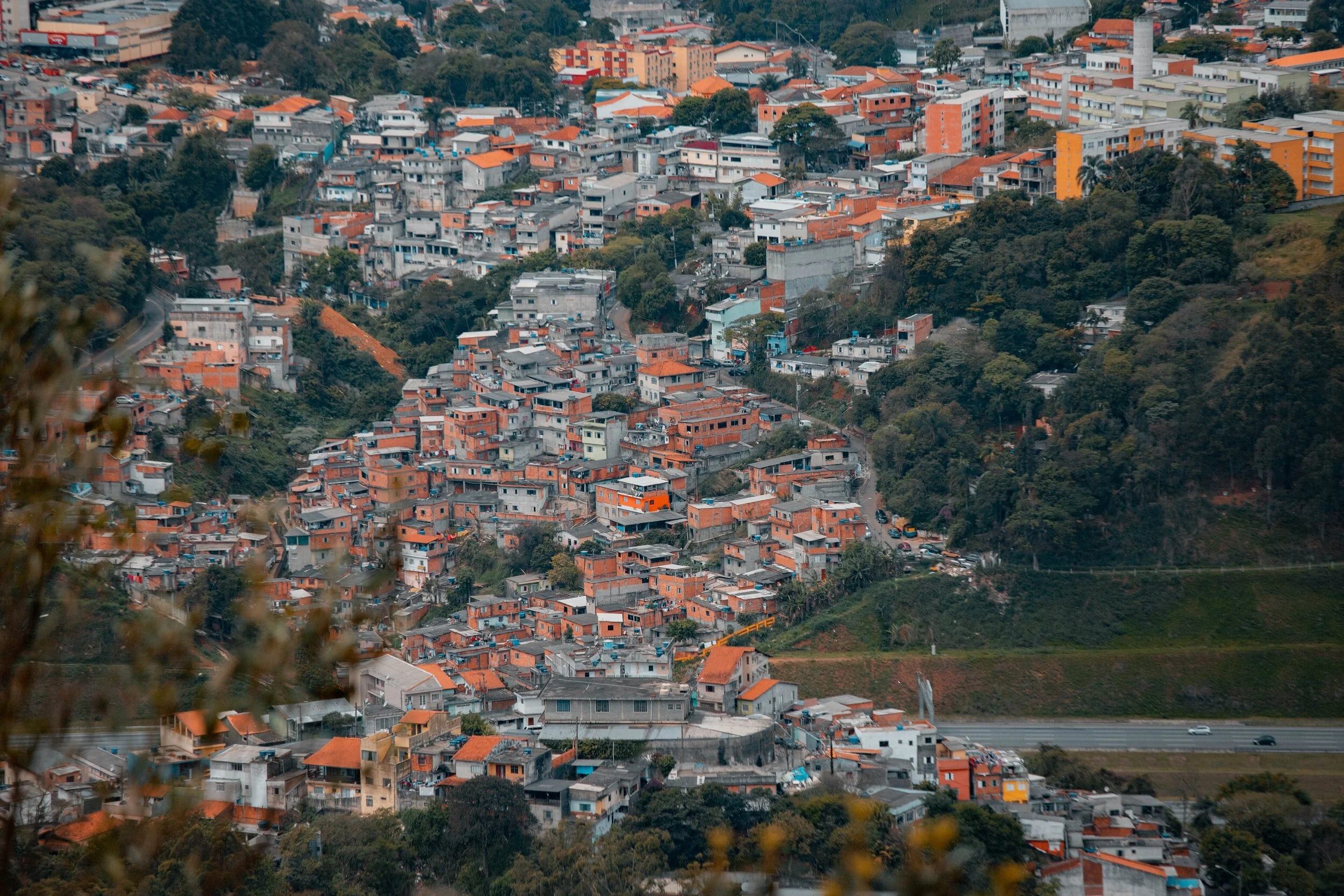Safety Tips for Travel to Rio de Janeiro
Rio de Janeiro has a reputation for being a dangerous city. There are steps you can take to increase your chances of staying safe.
Before I went to Rio de Janeiro for the first time, just after the World Cup, many people warned me about the dangers of traveling there. I was told all about the “street kids” who will rob you blind and the cab drivers who will rip you off.
Recently, a video surfaced of street kids picking pockets and snatching items from random passersby. It has a lot of people rattled. Admittedly, I was taken aback as well because all 27 incidents happened at the same intersection. I’m grateful that the founder and editor of Brazil Magazine, Bruce Jones, and Miriam Silva of Sweaty Sexy Samba, personally gave me some safety tips that I want to share with you.
(1) Carry ONLY a copy of your passport.
You don't need to walk around with your passport. Unless you're dealing in banks, you probably won't need actual ID all day. To get into the clubs, the copy will suffice. And of course, if you're robbed, you won't have lost your most valuable asset.
(2) Invest in a money belt.
Money belts are basically fanny packs you wear under your pants or an actual belt with a secret compartment. This is a way for you to store emergency cash, cards, and identification in case you are robbed. The trick is to NOT go into the money belt in public. Only do so in a restroom if you must.
(3) Avoid the city bus and the train if possible.
Your chance of being robbed increases on the bus. There are comedy sketches on youtube and Brazilian TV about it. Cabs, walking in your neighborhood or taking the metro to your destination are preferable. The metro and the train are different. The metro goes through a lot of the popular areas in Rio. The train will take you to the west zone and north zone—poorer suburbs compared to the south zone, which includes Copacabana and Ipanema.
(4) Walk on the beach side of the road.
If you want to walk along Avenida Atlantica (the beach road in Copacabana), or any beach road-- be sure you walk on the beach side. If you walk on the city side, it is very easy for someone to rob you and disappear down an alley.
(5) Don’t use your smartphone on the street.
If you need to look something up, map your location, etc.—do NOT do so while walking the streets. Duck into a store (not just the entryway) to use your phone. Keep your phone in your front pocket or purse.
(6) Don’t carry a lot of shopping bags and lots of electronics in public.
Large backpacks, big shoulder bag purses, lots of jewelry, big wallets, loads of electronic devices—all of these things can make you a target. If you're doing a video, have an entourage to keep watch.
(7) Don’t give cash to the street kids.
I know this sounds heartless, but you kind of open yourself up to being robbed later. If you give cash to one (or two), they may come back with their friends to rob you later because they know you have cash.
(8) Beach barraco workers can be good resources.
Along the beach road in Copacabana and Ipanema, there are official kiosks where you can buy food and drinks. In the sand, you'll find pitched tents that rent chairs and umbrellas to beachgoers-- those are the barracos. Typically, at least one of the workers will speak decent English and are on the beach all day every day. They can be a wealth of information. And usually, they aren't in on the petty thievery, so they are witnesses and can help you avoid bad situations. PS-- don't eat at the kiosks. Most don’t have good food. Just drink.
(9) Don’t chase your robber if your pocket gets picked.
Your pocket can be picked at any time of day. And the strangers around you are not likely to help. In fact, they will get out of the way and keep moving. If you chase the robber, you may find yourself alone somewhere, which could be more dangerous.
(10) Don’t expect the military police to help.
The police are everywhere in Rio, but keep in mind they are not there to help you unless you are in grave, immediate danger. Do not talk to them, do not take pictures of them, just ignore them—like the Brazilians. There are Tourist Police in Rio, but you may not see them as frequently as you like.
(11) Keep a small amount of cash in your front pocket.
If you are robbed, you can hand this to the robber and say that’s all you have. If you open a wallet or purse--they will take the whole thing.
(12) Know where you're going, especially if you’re in a Favela.
There are neighborhoods that one should not enter without a Brazilian friend or guide. Some people will say to avoid the favelas altogether, but I personally had a great experience in Rocinha. It was a guided walking tour-- not a safari trip on a truck. I won't pretend that all favelas are created equal. So just make sure you're aware of your destination and surroundings.
Petty crime is almost inevitable in a city where the wealth disparity is staggering and virtually ignored by the government. Keeping these things in mind, can decrease your chances of victimization. And none of these tips should impede upon you having a fun time in the marvelous city.







